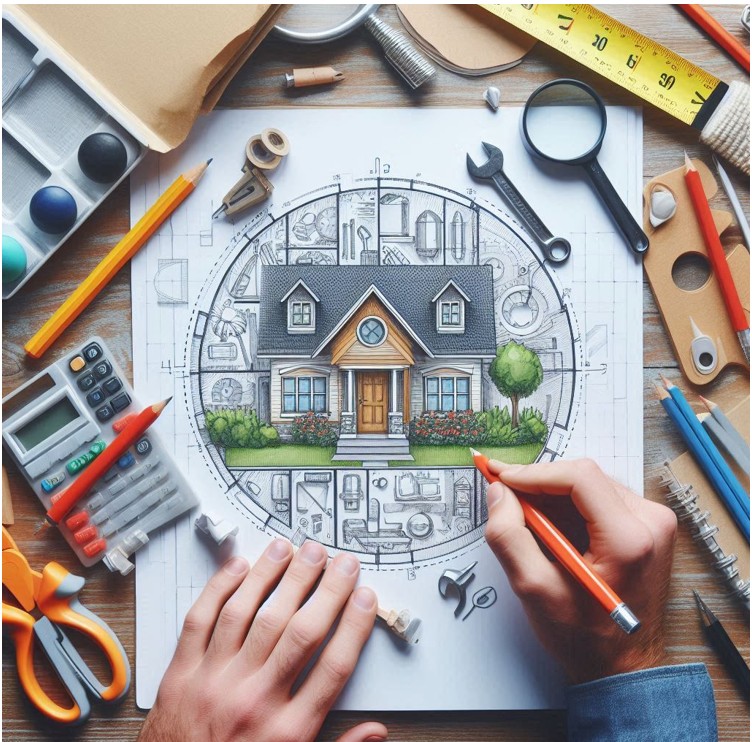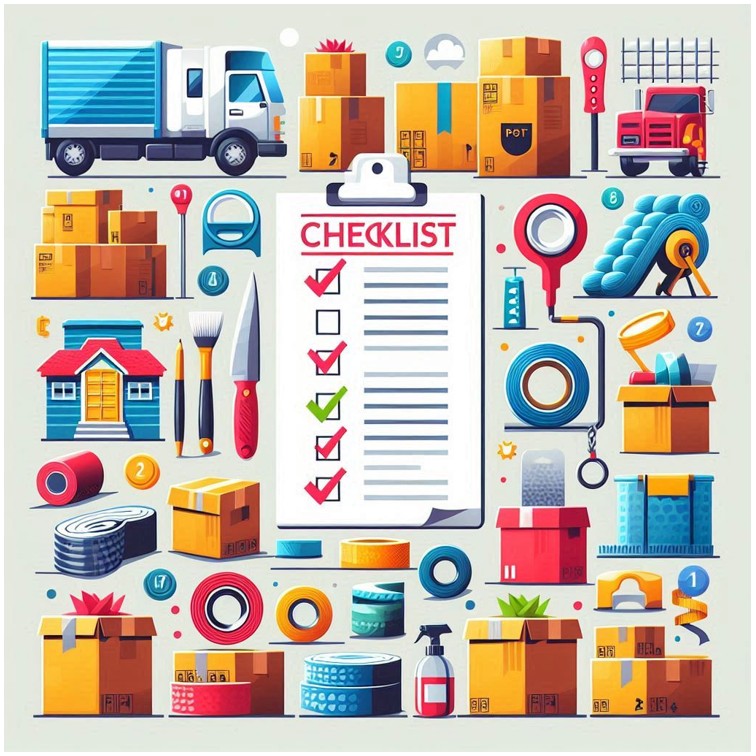Personalizing Your New Home with Decor and Furniture
Moving into a new home is a fresh start, and one of the most exciting parts of the process is making the space your own. Personalizing your new home with decor and furniture not only adds your unique touch but also creates a comfortable and inviting atmosphere. Here are some tips to help you personalize your new home.
1. Choose a Color Scheme
• Reflect Your Style: Select a color palette that reflects your personal style and complements the overall aesthetic of your home. Whether you prefer bold, vibrant colors or soft, neutral tones, choose shades that make you feel at home.
• Accent Walls: Consider painting accent walls to add a pop of color and create a focal point in your rooms.
2. Invest in Key Furniture Pieces
• Comfort and Functionality: Prioritize comfort and functionality when selecting furniture. Invest in key pieces like a comfortable sofa, a sturdy dining table, and a supportive bed.
• Statement Pieces: Add character to your home with statement furniture pieces such as a unique coffee table, an antique cabinet, or an eye-catching armchair.
3. Add Personal Touches with Decor
• Artwork and Photos: Display artwork and personal photos to add a personal touch and showcase your memories and interests.
• Throw Pillows and Blankets: Use throw pillows and blankets to add texture, color, and coziness to your living spaces.
4. Incorporate Plants and Greenery
• Natural Elements: Bring the outdoors inside by incorporating plants and greenery into your decor. They add life, color, and a sense of tranquility to your home.
• Low-Maintenance Options: Choose low-maintenance plants like succulents or snake plants if you’re new to plant care.
5. Personalize with DIY Projects
• Craft Your Decor: Get creative with DIY decor projects. From handmade wall art to custom furniture, adding your own creations can make your space truly unique.
• Repurpose and Upcycle: Give old furniture a new lease on life by repurposing or upcycling it. A fresh coat of paint or new hardware can transform an outdated piece into something special.
Final Thoughts
Personalizing your new home with decor and furniture is all about expressing your personality and creating a space where you feel comfortable and happy. By choosing a color scheme, investing in key furniture pieces, adding personal touches, incorporating plants, and getting creative with DIY projects, you can make your new house feel like home. Happy decorating!


 Facebook
Facebook
 X
X
 Pinterest
Pinterest
 Copy Link
Copy Link











